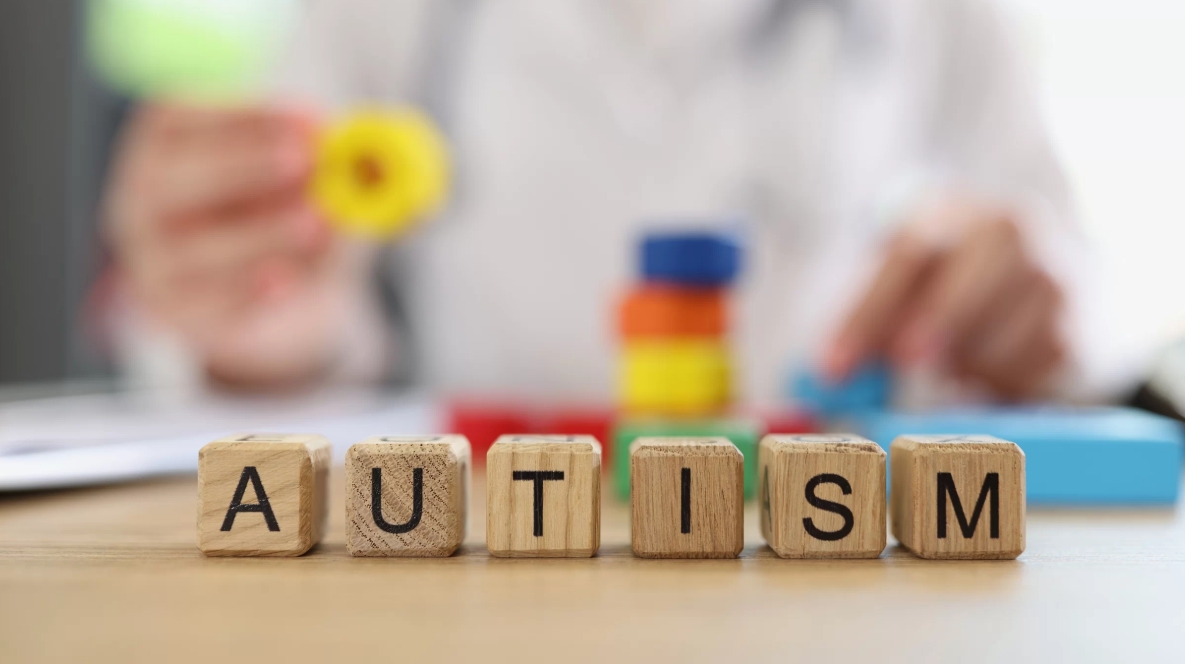Gene mutation likely cause for developing autism in early childhood: RGCB study
December 11, 2024 | Wednesday | News
RGCB study to offer new insights into the behavioural disorder
image credit- shutterstock
Autism, a developmental disorder that causes functional abnormalities in brain development, is caused by a combination of environmental and genetic factors with its symptoms manifesting in childhood as early as the age of two years. Complexities of ASD (Autism Spectrum Disorder) include single gene mutations in early development genes.
A recent study by BRIC-Rajiv Gandhi Centre for Biotechnology (RGCB) linked a novel mutation in Tlx3 gene with abnormal development of the cerebellum (a major region of the hind brain that controls balance, motor movement, and other complex functions) and autism.
The study, conducted by Dr Jackson James and his team from RGCB, has been published in the prestigious journal iScience.
Deleting Tlx3 gene from the cerebellum of a transgenic mouse (a mouse with its DNA altered through genetic engineering techniques) embryo potentially affects coordination of cerebellum function. When these mice embryos were allowed to grow until adulthood, they developed hallmarks of autistic behavior, including abnormalities in social skills, repetitive behaviour, and motor/movement function.
The RGCB team, in collaboration with CSIR-IGIB (Council Of Scientific And Industrial Research–Institute Of Genomics And Integrative Biology (CSIR–IGIB), New Delhi, also assessed the potential for this mutation to occur in the human population and identified TLX3 mutation variants that are linked to nine ASD cases and other co-morbid neurodevelopmental conditions.
Dr James, however, stated that a genome-wide global cohort analysis is necessary to assess the frequency of this TLX3 mutation and the extent to which the variation is linked to specific populations, such as Indians and others. Together, these results indicate how erroneous regulation of this early embryonic gene manifests into ASDs during early childhood.
RGCB Director Prof. Chandrabhas Narayana said, “Autism is a serious childhood problem across the world. In India also, it has emerged as a significant challenge for researchers and medical fraternity as autism has wide social and medical ramifications. The RGCB study will offer new insights into this behavioural disorder.”
ASDs lead to behavioural deficits, including lack of social cognition and restricted/repetitive behaviours, desires, communication, or actions in individuals.









